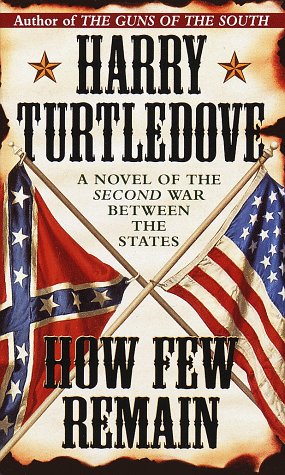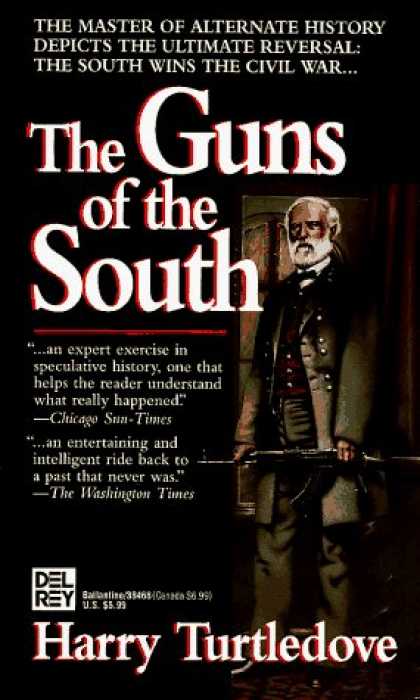This is an essay I wrote for my LIT 166 (Science Fiction) class. We were to take one of the short stories assigned in our reading and research what was going on in the world at the time of its publication - what scientific advancements were being made, what cultural events were occurring - and to "reflect" on these in light of the story. I chose to write about James Blish's short story "Surface Tension."
The science and technology represented in the sci-fi short
story “Surface Tension” by James Blish, first published in the August 1952 edition
of Galaxy Science Fiction, was well
ahead of the scientific realities of the world outside of the pages of that
science fiction digest. And though Blish
may have outreached the science of his time (and ours still today) his
extrapolations of the various tensions between science and faith are
fantastic.
Blish wrote of great interstellar crafts carrying men and
women to far distant parts of the universe carrying human colonists as well
along with all that they would need to “seed” the new planet with life.
In 1952 however, the exploration of space had only just
begun. Building upon the technologies
developed by German scientists during World War II for the V-2 rockets, The
United States (as well as the Soviet Union) developed and launched a number of
sub-orbital “sounding rockets” – research rockets like the Aerobee and the
Viking rockets, designed to reach a height of 50 – 1,500 kilometers above the
earth’s surface and carrying recording instruments, scientific tests, a various
kinds of animals – including chimps, mice and dogs (Gray 1).
When Blish published his story of interstellar travel,
mankind hadn’t yet travelled into space. Indeed, no Earth based life form would
reach orbit until 1957 – with the Soviet launch of the canine cosmonaut, Laika
into orbit around the planet.
If the space travel of his story far exceed the abilities of
his time, the panspermic / evolutionary / genetic manipulation program of his
interstellar colonists must have seemed like an impossible dream. And still seems so 62 years later.
But “Surface Tension” isn’t really about the science and
technology necessary for interstellar travel or the transfer and modification
of “human germ cells…toward creatures who can live in any reasonable
environment” (Blish 8). Perhaps this is why Blish gives no details about the
technology or process, but only describes the results. “Surface Tension” is not about the science,
but the effects of science, and the tensions created between scientific
exploration and religious faith.
The microscopic humanoid creatures created by the panotrope
adaptions of human genetic material to the indigenous life found on the watery
planet Hydrot are given a record of scientific information, micro-engraved on
corrosion proof metal leaves. In the
course of their development these creatures credit the records with religious significance
and there is division among them as to whether these documents are myths to be
discarded or science to be trusted.
Religious faith (Christianity and Judaism in particular) in
America during the 1950s tended toward the fundamentalist. This trend had been developing since the
1920s and the publication of “The Doctrinal Statement of the World Conference
on Christian Fundamentals” (Moody 382). The fundamentalism so prevalent then
held a firm belief that the sacred scriptures were authoritative, and
infallible and inerrant. The tension between this kind of belief and scientific
exploration is described somewhat in Blish’s story.
There was also a
strong backlash from Fundamentalists against the theory of Evolution. The idea that biological life-forms could
engineered and modified according to some sort of evolutionary pattern would
have been provocative and very controversial in that time.
One tension that is not addressed in Blish’s short story is
that of the problems of colonialism. The
human characters met in the first pages of “Surface Tension” are presented as
noble explorers, valiantly adapting human life to strange conditions of faraway
planets in a program establish human colonies throughout the galaxy.
During the 1950s the last vestiges of the European colonial
empires began to crumble – often violently and painfully. From Algiers in North Africa to Vietnam is
South East Asia, colonized people began to call and agitate for their independence
from European nations. The transition
from colony to free nation often resulted in open warfare, but even where it
didn’t there was much political corruption and violence and turmoil.
Blish may have been a visionary in some regards, dreaming of
interstellar travel and genetic panatropes capable of transferring some quintessential
essence of human life to other alien life forms, but if Blish could have been
as forward thinking in the political spheres as he was in the scientific, “Surface
Tension” would have been a very different story. Perhaps the human colonists of the far
distant planets would have been presented as being less cavalier about imposing
human adaptions to the newly discovered life forms.
Blish, James “Surface Tension,” Galaxy Science Fiction, Vol. 4. No. 5. New York. 1952.
Gray, Tara. "Animals in Space." Animals in Space. NASA, 2 Aug. 2004.
Web. 17 Oct. 2014.
Moody Bible Institute, “The Doctrinal Statement of the World
Conference on Christian
Fundamentals.” The Christian Workers Magazine Vol. 20 Chicago, IL, 1920.
 Watching the classic horror movie Night of the Living Dead in this season of increasingly antagonistic political ads, I am drawn to the thought that many of the politicians vying for our votes are very much like Ben and Mr. Cooper.
Watching the classic horror movie Night of the Living Dead in this season of increasingly antagonistic political ads, I am drawn to the thought that many of the politicians vying for our votes are very much like Ben and Mr. Cooper. 















































